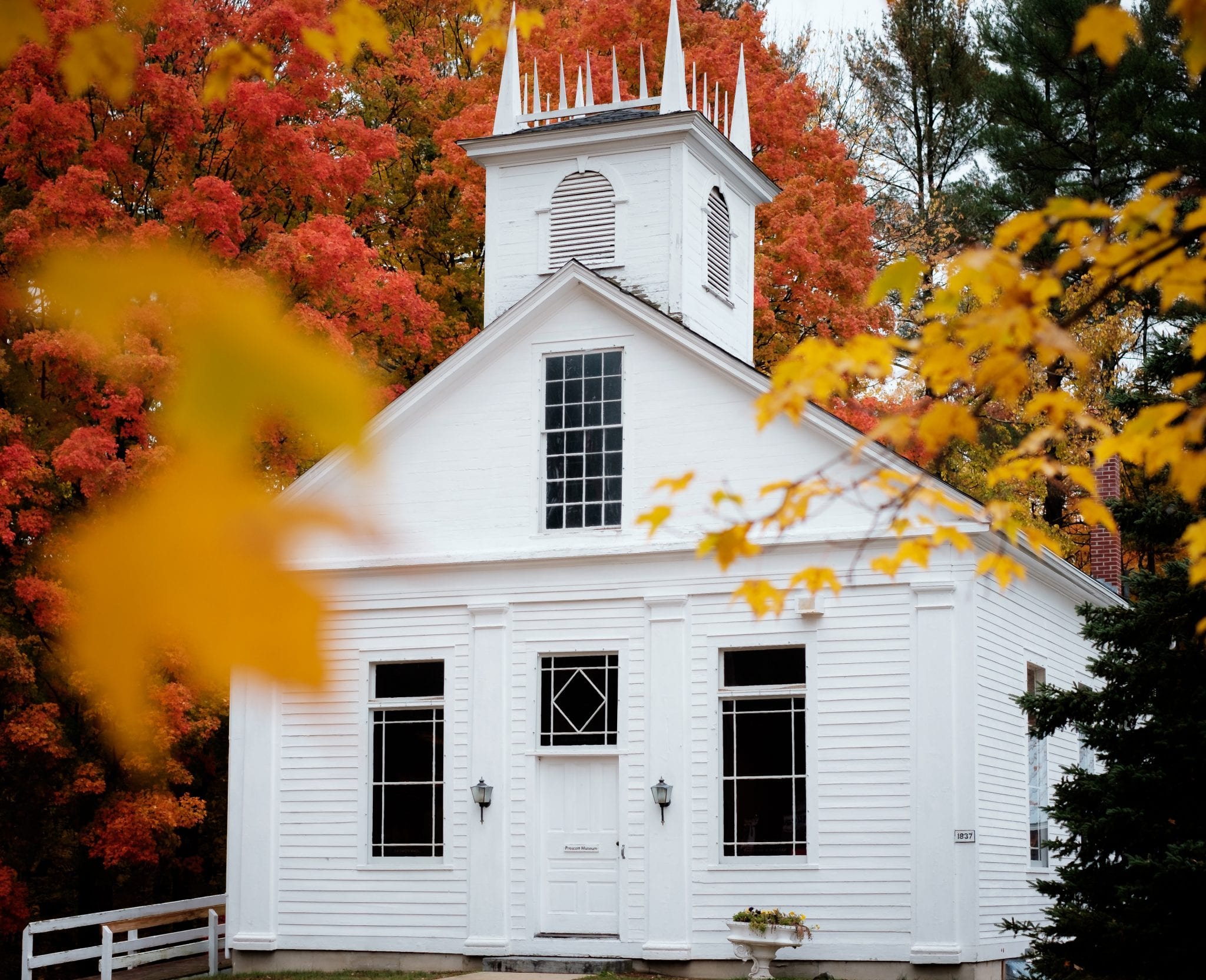On Episode 105 of The Edge of Innovation, we’re talking with Jacob Young identifying and measuring success in a non-profit organization.

Hacking the Future of Business!

On Episode 105 of The Edge of Innovation, we’re talking with Jacob Young identifying and measuring success in a non-profit organization.

On Episode 104 of The Edge of Innovation, we’re talking with Pastor Jacob Young about why he started a church in New England.